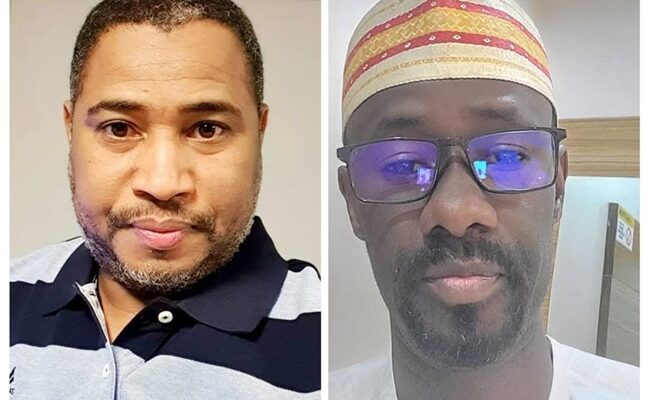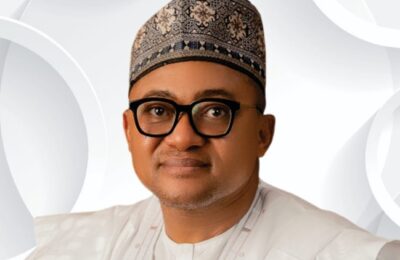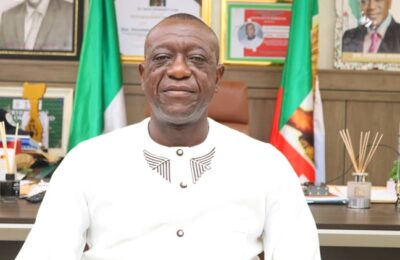The ongoing tug-of-war between the Kwankwasiyya scholars and Dr. Usman Isyaku has been interesting to follow. For me, the real value of such exchanges lies not in the heated rhetoric, but in the insights that can guide younger academics and policymakers.
My advice to young scholars is simple: observe, listen and learn. There is more wisdom in quiet reflection than in rushing into debates you may not fully understand.
Let me be clear, I don’t hold a PhD and I’m not currently pursuing one. But from closely following academic discussions, I’ve come to appreciate what truly makes a PhD valuable.
It is not about how many papers a researcher can churn out; it is about the depth of their work, the originality of their ideas and the real intellectual contribution they bring to their field.
Many of history’s most influential works weren’t the most cited; they were the ones that changed how we think. A truly outstanding PhD rests on sharp critical thinking, sound methodology and meaningful engagement with existing knowledge. Numbers alone can’t capture that.
This debate also opens the door to reflect on something Nigeria has been doing right; scholarships. Programs like the Petroleum Technology Development Fund (PTDF) and Kano State’s Kwankwasiyya foreign scholarship scheme show what merit-based investment in people can achieve.
While the latter focuses mainly on first-class and second-upper graduates, the former accommodates even second-class graduates. This difference partly explains the clash of perspectives with Dr. Isyaku, himself a PTDF beneficiary, bringing valid critiques, even if he stands outside Kwankwasiyya’s circle.
We must be fair to say that the PTDF scheme is fiercely competitive and has produced some of Nigeria’s best minds in engineering, energy, and technology. Similarly, the Kwankwasiyya scheme has given bright students from humble backgrounds the chance to study in top global universities, creating professionals now making meaningful contributions in diverse sectors.
As someone from Kogi State, I can’t help but reflect on our situation. We are yet to have a dedicated postgraduate scholarship scheme. On January 24, 2024, at the flag-off ceremony of the Kogi State Bursary and Scholarship in Lokoja, my boss, Prof. Usman Ogbo, urged the state government to introduce such a program.
He rightly emphasized that it would enhance educational and economic prospects, promote inclusivity and curb divisive sentiments.
Of course, no scholarship program is without flaws. The Kwankwasiyya scheme, for example, would benefit from greater transparency and stronger reintegration plans for returnees.
Dr. Isyaku mentioned his cousin, a beneficiary of the Kwankwasiyya MSc program to India, who has struggled to find work since returning.
Such cases raise important questions such as, how do we ensure scholarships align with manpower needs? How do we reintegrate returning scholars into relevant jobs? How do we channel more resources into local institutions while still leveraging international exposure?
Two individuals highlight the potential when these programs work well; Dr. Usman Isyaku, a PTDF scholar, and Dr. Aliyu Isa Aliyu, a Kwankwasiyya beneficiary.
Their journeys show how thoughtfully designed scholarships can shape lives, strengthen institutions and drive national development.
At the end of the day, critiquing should not be about tearing down but about improving.
Whether it’s PhDs, publications, or scholarships, the ultimate goal should be the same: to build capacity, deepen knowledge and create opportunities that strengthen our society.
As someone watching closely not from Kano, and not with a PhD yet — my honest take is that we should stop making these debates about egos and start making them about progress. Only then will both the arguments and the scholarships achieve their true purpose.
– Abdulkadir Bin ABDULMALIK
Kogi State, Nigeria




